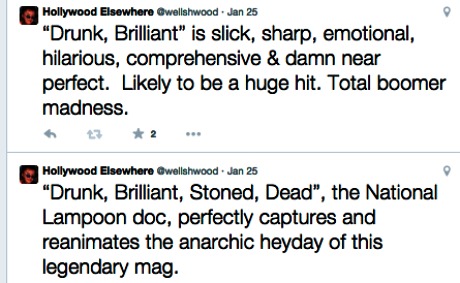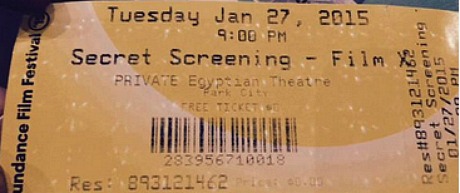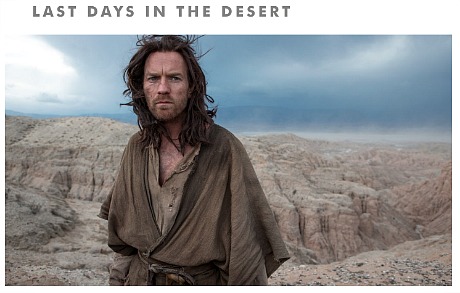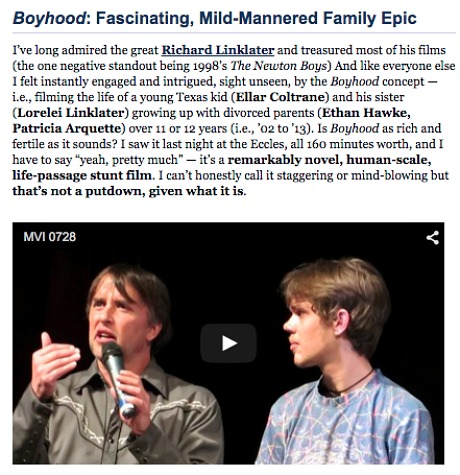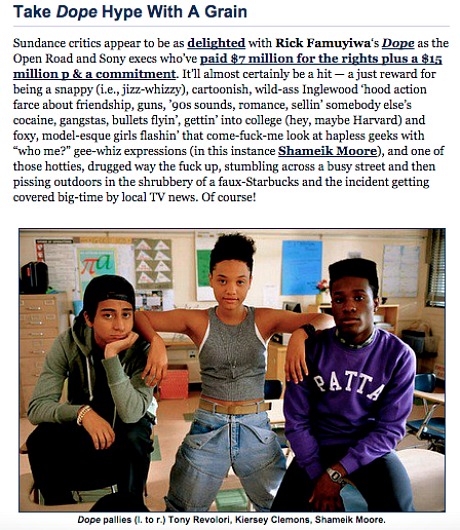Aside from a relatively short list of stand-out narrative features, for the most part Sundance ’15 has been a festival of great docs, particularly Alex Gibney‘s Going Clear, Morgan Neville and Robert Gordon‘s Best of Enemies and — my personal favorite — Doug Tirola‘s Drunk Stoned Brilliant Dead — The Story of the National Lampoon. A generally hilarious history of a great magazine and a period of inspired anarchic subversion, it’s essentially about the birth and shaping of the irreverent mindset that has defined American comedy for the last 40 years, or since the debut of NBC’s Saturday Night Live (’75), National Lampoon’s Animal House (’78) and National Lampoon’s Vacation (’83). But the magazine and its half-demented staffers were the finest and most outrageous expression of this, and Drunk, Stoned is an absolutely vital history lesson for under-35s who’ve never read any National Lampoon issues or sunk into the mythology. I don’t know what the distribution picture is, but I could see this film again right now. It captures the whole saga in one swift, punchy, well-finessed package.
